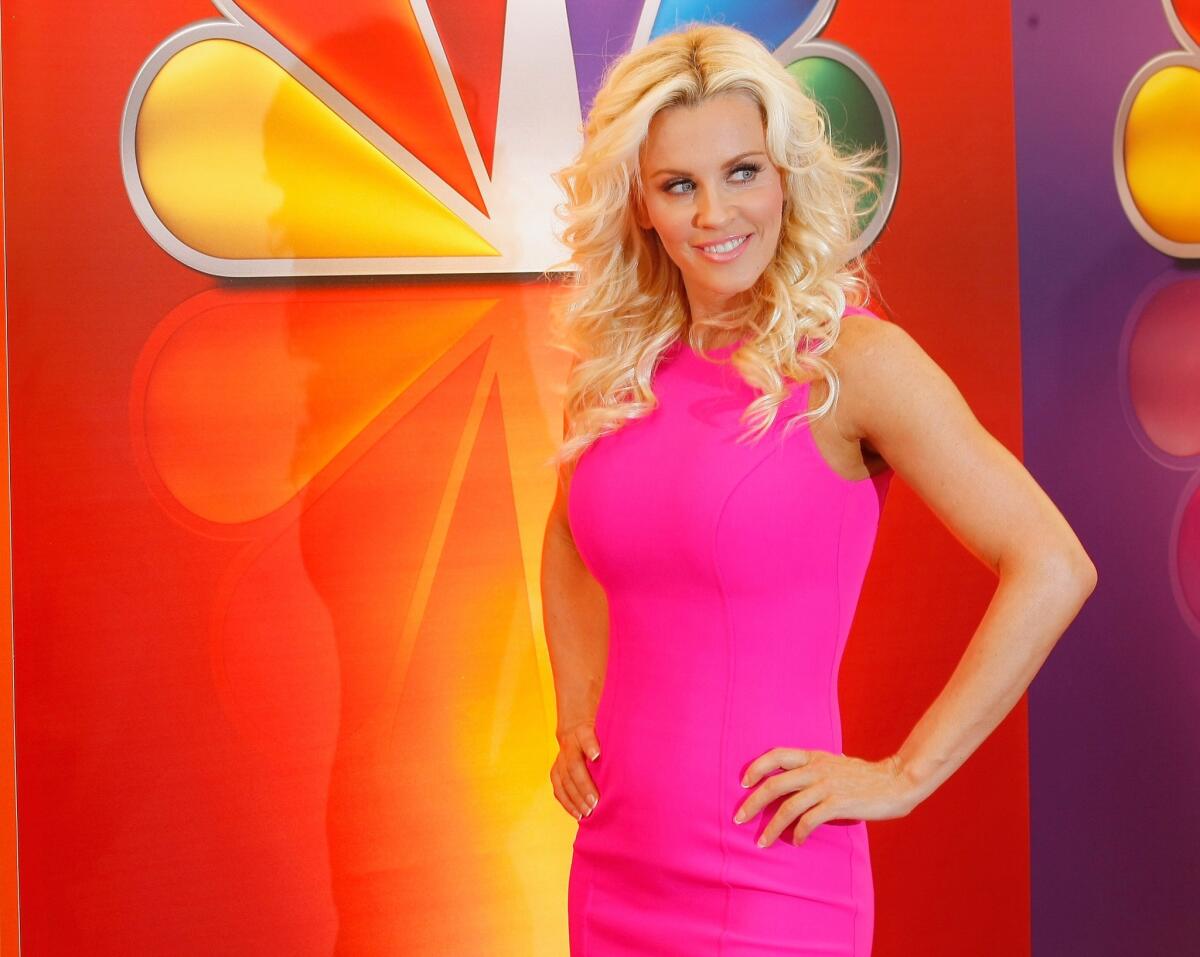The BBC takes a strong stand against promoting fake science

- Share via
Last week, the British Broadcasting Corp. disclosed an ongoing effort to teach its staff how to distinguish real science from bogus science, and the importance of keeping the latter off the airwaves.
Some 200 of the BBC’s senior staff have been attending seminars and workshops, the goal of which is to avoid giving “undue attention to marginal opinion.”
The main focus of the project has been climate-change reporting, where bogus opinion masquerading as the real thing has long been a scourge. As the BBC report stated, “impartiality in science coverage does not simply lie in reflecting a wide range of views, which may result in a ‘false balance.’ More crucially it depends on the varying degree of prominence such views should be given.”
This is an important blow for accuracy in science coverage. As the BBC report indicated, conventional news organizations attempting to provide “balance” in their coverage end up giving unwarranted credence to climate-change deniers, anti-vaccination crackpots, creationists, and a host of other charlatans.
The BBC had come under fire earlier this year for striving so assiduously to bring “balance” to its climate coverage that it gave airtime to one Bob Carter, a retired Australian geologist affiliated with the right-wing Heartland Institute. (We reported on Heartland in 2012.) Carter’s contribution to the debate was to dismiss the landmark United Nations Intergovernmental Panel on Climate Change, which concluded with 95% certainty that the climate is changing, as “hocus-pocus science.”
We reported a few months ago on a similar fumble by the sainted Katie Couric, who turned over a huge swath of her daytime talk show to a group of vaccination opponents whose presentations were emotionally plangent, but utterly unsullied by scientific fact or learning.
Couric explained that she gave these cranks airtime in the name of discussing “important topics in the hope that people can make their own decisions,” but that’s precisely the sort of dodge the BBC says it won’t accept. The same attitude has elevated the anti-immunization starlet Jenny McCarthy to the status of scientific sage. When children’s lives are at stake, this won’t do.
The BBC isn’t the first news organization to draw the line against fake science, though it’s one of a tiny minority. The Times has established a policy that bars letters denying that humans have caused climate change from being published in its pages or on its website.
Others, like Fox News and the Wall Street Journal editorial page, welcome these unsupported views. Last year, the latter hosted an extended exchange aimed--unsuccessfully--at debunking the famous “hockey stick” graph of global temperature change, which has been validated repeatedly. (See accompanying graphic.)
Publishing such tripe fuels a feedback loop that includes the don’t-confuse-me-with-facts wing of the Republican Party. Who can forget the moment during a 2008 presidential campaign debate when three GOP hopefuls raised their hands to show they didn’t believe in evolution. One of them, Sam Brownback, is today the governor of Kansas. Another, Mike Huckabee, is a host on Fox News.
Non-science continues to infect our public discourse. Shockingly, an example of lab-purified nonsense sits at the core of the Supreme Court’s egregious Hobby Lobby decision of last week: the assertion that four contraceptive methods at issue are “abortifacients,” or promote abortion.
They aren’t. Period.
But when even the Supreme Court makes law based on this level of ignorance, it becomes clear that the battle against ignorance in the press and public debate is all uphill.
Keep up to date with The Economy Hub by following @hiltzikm.
More to Read
Inside the business of entertainment
The Wide Shot brings you news, analysis and insights on everything from streaming wars to production — and what it all means for the future.
You may occasionally receive promotional content from the Los Angeles Times.











